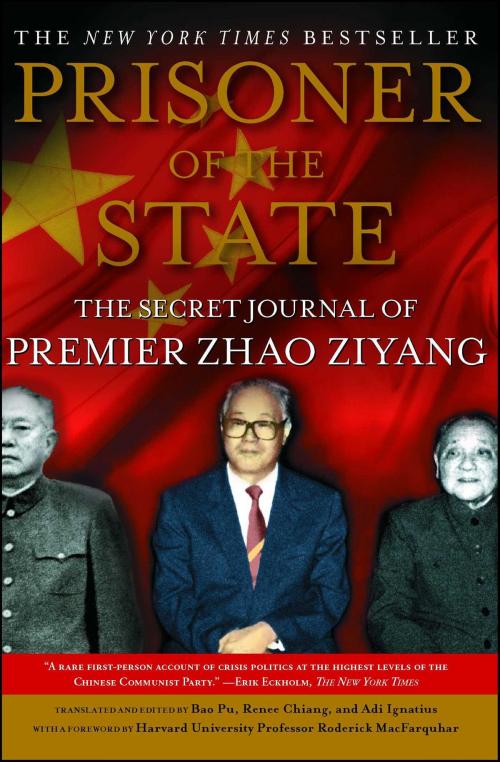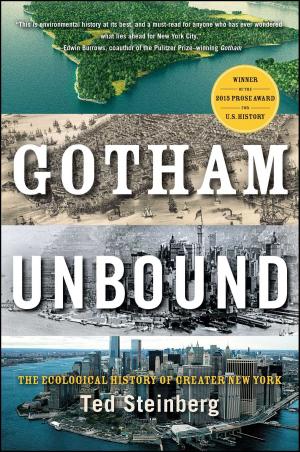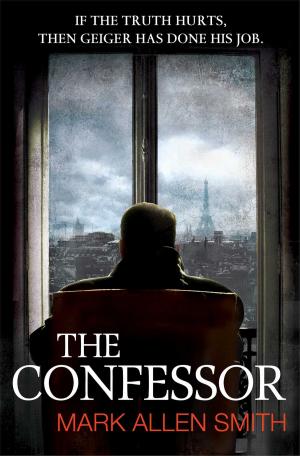Prisoner of the State
The Secret Journal of Premier Zhao Ziyang
Nonfiction, History, Asian, China, Biography & Memoir, Political| Author: | Zhao Ziyang | ISBN: | 9781439154076 |
| Publisher: | Simon & Schuster | Publication: | May 19, 2009 |
| Imprint: | Simon & Schuster | Language: | English |
| Author: | Zhao Ziyang |
| ISBN: | 9781439154076 |
| Publisher: | Simon & Schuster |
| Publication: | May 19, 2009 |
| Imprint: | Simon & Schuster |
| Language: | English |
Premier Zhao Ziyang reveals the secret workings of China's government behind the Tiananmen massacre—and why he was deposed for trying to stop it.
Prisoner of the State is the story of Premier Zhao Ziyang, the man who brought liberal change to China and who was dethroned at the height of the Tiananmen Square protests in 1989 for trying to stop the massacre. Zhao spent the last years of his life under house arrest. An occasional detail about his life would slip out, but scholars and citizens lamented that Zhao never had his final say.
But Zhao did produce a memoir, secretly recording on audio tapes the real story of what happened during modern China’s most critical moments. He provides intimate details about the Tiananmen crackdown, describes the ploys and double crosses used by China’s leaders, and exhorts China to adopt democracy in order to achieve long-term stability. His riveting, behind-the-scenes recollections form the basis of Prisoner of the State.
The China that Zhao portrays is not some long-lost dynasty. It is today’s China, where its leaders accept economic freedom but resist political change. Zhao might have steered China’s political system toward openness and tolerance had he survived. Although Zhao now speaks from the grave, his voice still has the moral power to make China sit up and listen.
Premier Zhao Ziyang reveals the secret workings of China's government behind the Tiananmen massacre—and why he was deposed for trying to stop it.
Prisoner of the State is the story of Premier Zhao Ziyang, the man who brought liberal change to China and who was dethroned at the height of the Tiananmen Square protests in 1989 for trying to stop the massacre. Zhao spent the last years of his life under house arrest. An occasional detail about his life would slip out, but scholars and citizens lamented that Zhao never had his final say.
But Zhao did produce a memoir, secretly recording on audio tapes the real story of what happened during modern China’s most critical moments. He provides intimate details about the Tiananmen crackdown, describes the ploys and double crosses used by China’s leaders, and exhorts China to adopt democracy in order to achieve long-term stability. His riveting, behind-the-scenes recollections form the basis of Prisoner of the State.
The China that Zhao portrays is not some long-lost dynasty. It is today’s China, where its leaders accept economic freedom but resist political change. Zhao might have steered China’s political system toward openness and tolerance had he survived. Although Zhao now speaks from the grave, his voice still has the moral power to make China sit up and listen.















